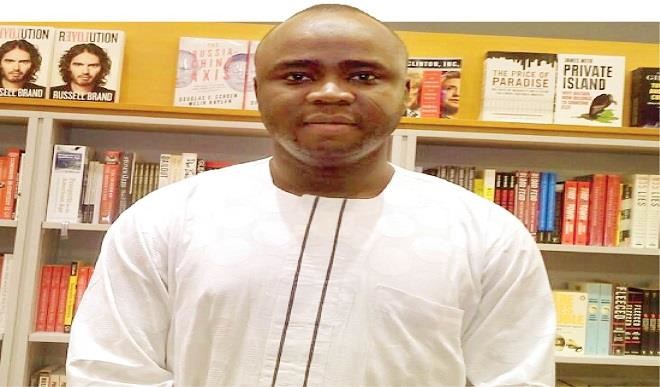Why I produced Kannywood’s first English movie – Jammaje
Ibrahim Musa Giginyu, Kano Weekend Magazine: What is your motive behind producing a Kannywood movie in English? Malam Kabiru Musa Jammaje: It is apparent that movies produced by Kannywood have been seriously criticized by a lot of analysts. They claimed that most of the movies being produced depict real Hausa cultures and that wrong messages […]


Ibrahim Musa Giginyu, Kano
Weekend Magazine: What is your motive behind producing a Kannywood movie in English?
Malam Kabiru Musa Jammaje: It is apparent that movies produced by Kannywood have been seriously criticized by a lot of analysts. They claimed that most of the movies being produced depict real Hausa cultures and that wrong messages are sent unintentionally. I looked at the situation and decided on two things; first, there are non-Hausa speaking audiences of Kannywood, how do we reach out to them with a clear message that speaks authentic Hausa culture? And the second issue is that instead of standing aside and keep criticising them, why not venture into it and make a difference?
That was how I decided to venture into the Kannywood movie industry, giving a different perspective on culturally-centred themes but in English language. I decided to do a movie without dancing and singing as is done in Indian and Kannywood movies. However, as an English teacher, I have it at the back of my mind to use the opportunity to teach English to viewers. I have seen many people who speak Hindi without ever having set foot in India or going to school to learn the language.
WM: Why didn’t you use Nollywood as a platform?
Jammaje: It is unfortunate that most of our Hausa movies do not enjoy global coverage as Nollywood does, and this is because of the language barrier I have talked about earlier. I have travelled to South Africa and Kenya and I found out thatKannywood movies hardly reach there. Those available there are made by Nollywood, which shows cultism, witchcraft, armed robbery, corruption among other social vices. This has made people in those countries to believe that all Nigerians are like that. Therefore, if really I want to change such perception, then I need a medium that will do just that, Kannywood I believe is the best channel to do that and not Nollywood.
WM: How many English Kannywood movies have you released so far?
Jammaje: So far I have concluded work on two movies. ‘There is a Way’ has already been released into the market. I don’t want to rush to avoid or minimize loopholes. The second movie titled ‘Light and Darkness’ will also be released soon. We want to give these films the very best professional touches so we can get global acceptance.
WM: How did you get your cast when the common notion is that Kannywood artistes can’t speak proper English?
Jammaje: From the word go, I made it a policy that I will only use Kannywood artistes to show the hidden talent they have, and to add colour to it. I will be introducing new faces in my movies. In the recently released movie this is evident. It will interest you to know that we have found many worthy of the role given to them and also those that people thought couldn’t speak in English were cast and they have proven to all that they have the talent.
WM: Your movies are done byKannywood artistes but in English. So who precisely are your target audience?
Jammaje: Initially, my target wasbeyond the movie market in Kano State.But when the movie trailer was released, we figured out that the conventional market needed it also as the demand for the movie became enormous. That was when we decided to expand our horizon. But our initial motive was for our students of English and the English speaking global community to watch and get to know the rich Hausa heritage in its real state.We are optimistic that this movie will tell the story of the real Hausa culture, as movies entails not only words but actions as well.
WM: What challenges did you face doing such a peculiar project in Kannywood?
Jammaje: Locating and contacting most of the cast was some of the first challenges we faced. Another challenge was that of the language we chose to use. A scene that should take us a maximum of five minutes under normal circumstances took ten minutes because we have to get the pronunciation and tenses right. However, failure ofsome actors already cast to honour the invitation was another challenge. We had to replace them with others and this really made the movie production very tedious.
WM: How do you see this movie changing perceptions?
Jammaje: This world is dynamic. I want Kannywood to be a global movie industry where all kinds of movies that will tell the culture of the Hausas can be made, not only in Hausa but also in other languages. I wish to see other producers doing the same as I do. Let this be the beginning and believe me, when everyone’s eyes become open to this, the sky will be our limit.
WM: What do you think makes a good movie?
Jammaje: A number of things make a movie good, including a good and well-written script, articulate actors, and a good director. Also, there’s no need to rush. These are what we try to adopt in the making of these two movies, and I believe we tried our best.
